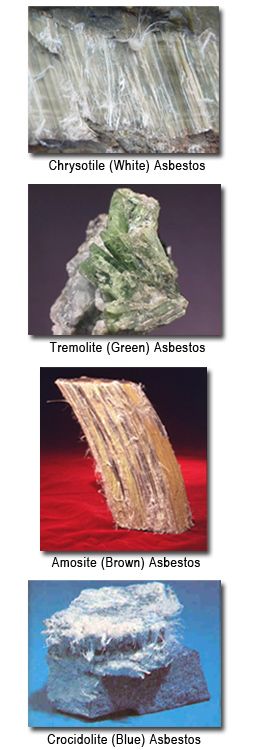A hazardous substance can take many forms including gas powder liquid solid or dust.
Cement may contain hazardous substances including.
It might not be possible to eliminate cement and concrete but it is possible to use cement and concrete safety by controlling.
In extreme cases these burns may need a skin graft or cause a limb to be amputated.
A serious burn or ulcer can rapidly develop if it is trapped against the skin.
Silica exposure can lead to lung injuries including silicosis and lung cancer.
A wide variety of irritating substances may be responsible including solvents detergents in cleaning agents mmmf epoxy resins isocyanates cement oils and greases.
I get the question on is concrete hazardous waste a lot and while the answer seems pretty clear to me for some reason it keeps coming up let s take the question of is concrete a hazardous waste or the hazardous nature of concrete one step at a time.
First let s consider what is waste.
The portland cement association forecasts the u s.
Risk of injury depends on duration and level of exposure and individual sensitivity.
By taking proper precautions to protect the skin though workers should be able to stay safe.
Cement may not be the most dangerous substance an employee can encounter at work but it is especially hazardous to the skin.
Wet cement is highly alkaline in nature.
Preventing exposure to toxic chemicals is a primary concern at hazardous waste sites.
Most sites contain a variety of chemical substances in gaseous liquid or solid form.
Cement can also cause chemical burns to the eyes.
Manufacturers publish material safety data sheets that explain the properties dangers and safe working conditions for the potentially hazardous substances they produce.
Whether you are mixing up a batch of concrete using cement in other ways or drilling into concrete materials you may be exposed to cement and concrete dust.
Hazardous substances come in many forms including gases vapors fumes dusts and mists and construction jobsites have more than their fair share of these substances.
Cement and cement based products can harm the skin in a number of ways.
Concrete and cement dust health hazards.
Manufacturers and importers of hazardous substances are legally obliged to include warning labels and safety data sheets with their products.
Maintenance workers with a known high.
Cement can cause ill health by skin contact eye contact or inhalation.
Weaker irritants including water may result in irritant contact dermatitis eczema.
The product may be pure or diluted.
Skin contact may result in moderate irritation to thickening cracking of skin to severe skin damage from chemical burns.
Cement market will continue to grow in the coming years so the number of workers exposed to cement at work will remain high.
These substances can enter the unprotected body by inhalation skin absorption ingestion or through a puncture wound injection.

